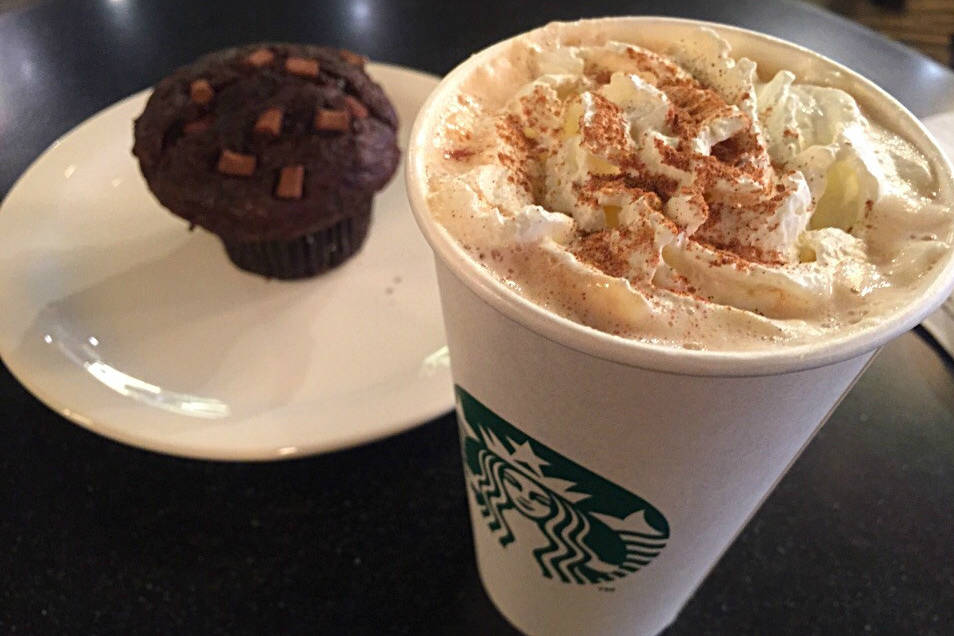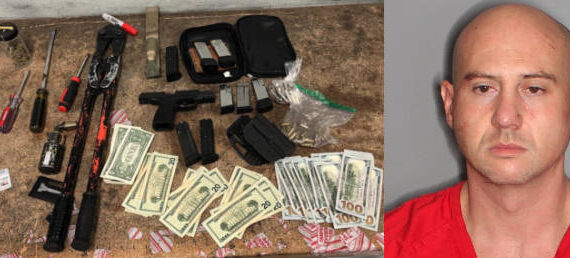There are some clear winners and losers with the soda tax Seattle Mayor Ed Murray just signed into law. Winners include consumers’ cardiovascular systems and the health initiatives that will benefit from the millions in revenue generated by the tax. Losers include those who sell Coke and other sugar wares. Less clear is the status of Seattle’s sugary lattes—specifically the sugary syrups, powers and other concentrates that give them their sweet flavor—and there are conflicting accounts in City Hall over what exactly the council just passed by a near-unanimous margin.
The reason things are confusing is that the tax exempts drinks whose top ingredient is milk, but may not exempt the syrup that’s added to things like lattes at the point of purchase. While the Seattle City Council was aware of the possible ambiguity, and considered some amendments to clarify it, the council ultimately decided to press forward with things unresolved.
As originally reported by Kevin Schofield in SCC Insight, the Council rushed the tax ordinance through the legislative process in order to ensure that any ballot initiative to repeal the tax gets held this November instead of next year, which would delay the tax’s implementation. In the leadup to the final vote, amid a jumble of other proposed amendments, Council President Bruce Harrell tried and failed to add an exemption for “hand crafted beverages” such as bubble tea and lattes, and Councilmember Lisa Herbold tried and failed to remove an exemption for sweetened beverages in which the primary product is milk or nut milk. Now that the chips are down, it turns out that the failure of Herbold’s amendment might negate the failure of Harrell’s, at least when it comes to lattes.
“I don’t believe the legislation was ‘rushed,’” says Councilmember Tim Burgess, a strong supporter of the bill. “That said, in the final three weeks we aimed to finish by June 5 in order to meet City Clerk and King County Election deadlines in the event a referendum was filed to repeal the tax. Holding any repeal vote in 2017 was important for two reasons. First, we want the tax to be implemented as soon as possible and having a repeal vote this year would allow for that to happen. Second, if a repeal vote was delayed until next year, the City would have to call a special election and pay a substantial sum, close to $1 million to King County, for that election, likely in February or March. We certainly wanted to avoid that.”
Passed on Monday and signed by the mayor on Tuesday, the sweetened beverage tax is intended to curb obesity and fund healthy food access in poor neighborhoods. It applies to “soda, pop, cola, soft drinks, sports drinks, energy drinks, sweetened ice teas and coffees” and similar products.
Burgess argues there is no ambiguity when it comes to lattes. “Syrups, such as Torani, are multi-use products and will be subject to the tax,” he says. “Through the rulemaking process, the Department of Finance and Administrative Services will determine based on manufacturer’s directions exactly how to apply the tax,” as happens with all new taxes.
But Herbold—the only councilmember to vote against the sweetened beverage tax, because it is regressive—isn’t so sure. “I don’t know how syrups in lattes would be taxed when the ordinance specifically” dictates that concentrates will be taxed based on the volume of their anticipated final beverage, she says, “and then specifically defines sweetened beverages to exempt ‘Any beverage in which milk is the primary ingredient.’” Previously, Herbold proposed removing the sweetened milk beverage exemption in order to reduce the overall tax rate by increasing the number of products being taxed.
There’s no question that sweetened non-milk-based coffee drinks, and syrups and powders used therein, are subject to the tax. But syrups and powders that can be used in both milk and non-milk drinks exist in a kind of Schrödinger’s cat’s dish. They are neither taxed nor exempt, at least until rulemakers (and potentially a judge) figuratively look inside the cat box to check the dish for milk.
While FAS rulemakers have the final say over the details of implementing the sugary beverage tax, sugary beverage distributors (“any person that distributes sweetened beverages” in Seattle) such as Starbucks could conceivably keep two seperate sets of sugary syrups and powders—one for milk-based drinks like lattes, one for non-milk drinks—and then argue in court that the first set is exempt from the tax.
Joe DeRupo, a spokesperson for the National Coffee Association, doesn’t rule out that possibility. “The syrups that are used in coffee shops…are not clearly covered,” he notes, “nor clearly excluded.” The NCA lobbied against the tax previously.
“More than a third of American adults are obese, and today’s children are already our most overweight generation,” reads a press release from Seattle Healthy Kids Coalition, which supports the tax. “Compared to children who rarely drink sugar-sweetened beverages, children who drink at least one serving of sugary drinks per day have 55 percent increased odds of being overweight or obese” as a child and as an adult. According to the release, sugary soda advertising specifically target young children.
cjaywork@seattleweekly.com
This post has been updated.








